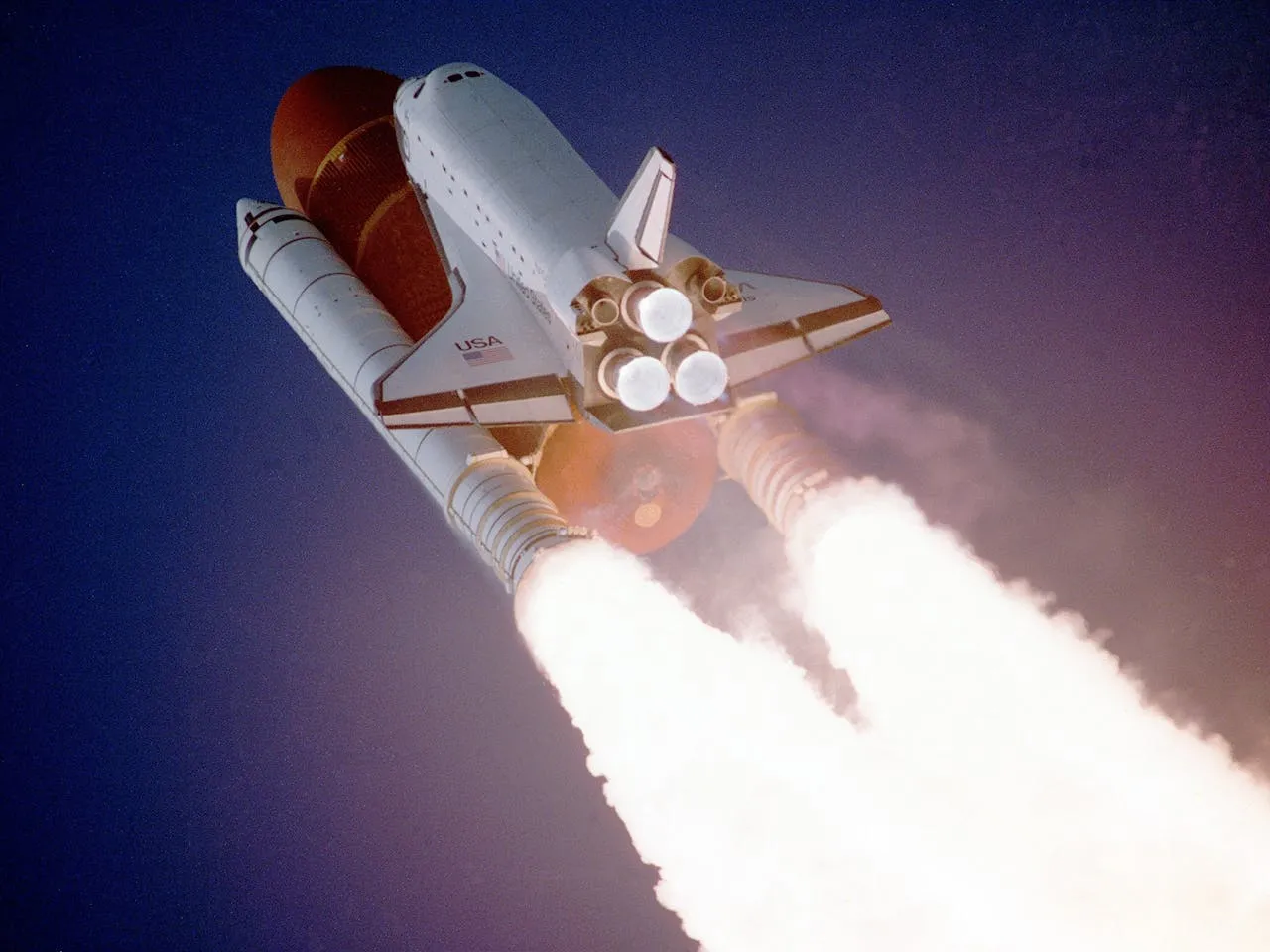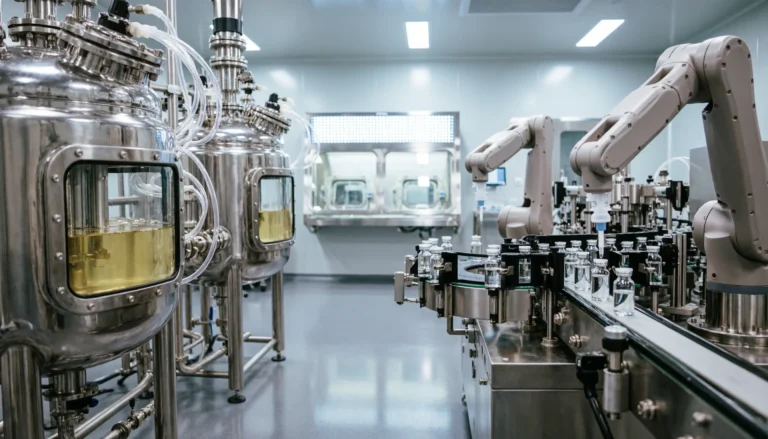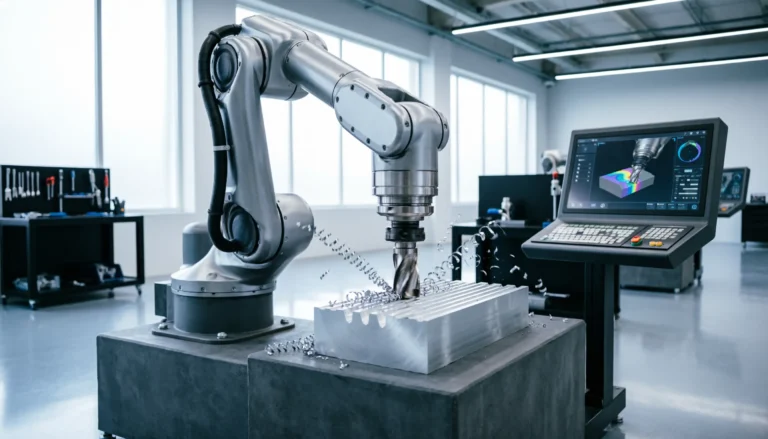
Rocket Lab, a global leader in launch services and space systems, has successfully transported two Mars-bound spacecraft to Cape Canaveral, Florida, in preparation for their launch. The spacecraft, designed and built by Rocket Lab for NASA and the University of California, Berkeley’s Space Science Laboratory, are part of the Escape and Plasma Acceleration and Dynamics Explorers (ESCAPADE) heliophysics mission. Named Blue and Gold, these spacecraft recently underwent extensive assembly, integration, and testing at Rocket Lab’s Spacecraft Production Complex in Long Beach, California. Following these procedures, Rocket Lab completed final closeout activities, including installing solar arrays and multi-layer insulation blankets, before shipping them to Florida.
Upon arrival at NASA’s Kennedy Space Center Launch Complex, the spacecraft will be transferred to a cleanroom for post-transport inspections and tests. After these thorough checks, preparations will begin for fueling the spacecraft ahead of their launch on Blue Origin’s New Glenn rocket.
Rocket Lab founder and CEO Sir Peter Beck expressed enthusiasm about the mission, stating, “We’ve already been to the Moon for NASA, so we’re excited to advance our technology deeper into the solar system, this time to Mars. Our Space Systems team has developed a highly capable pair of spacecraft to support NASA and the University of California, Berkeley in advancing our understanding of Mars. We are thrilled to be part of the ESCAPADE mission, enabling scientific exploration beyond our planet. After a meticulous yet swift build and test phase, we are excited to have Blue and Gold en route to the Cape and closer to Mars.”
Rob Lillis, ESCAPADE Principal Investigator and Associate Director for Planetary Science at UC Berkeley’s Space Sciences Laboratory, praised the collaboration, saying, “The successful delivery of the spacecraft to Kennedy Space Center represents a significant milestone, the result of over three years of dedicated teamwork, particularly from our partners at Rocket Lab. Developing two resilient interplanetary spacecraft from scratch was no small feat. Rocket Lab’s agility and relentless efforts, exemplified by their frequent ‘hero mode’ to troubleshoot and keep the project on track, have been impressive. We are excited to take this first step toward Mars with such excellent partners.”
The ESCAPADE mission aims to study plasma and magnetic fields around Mars, providing valuable insights into how atoms are stripped from the planet’s magnetosphere and upper atmosphere, which will contribute to our understanding of Martian climate evolution.




